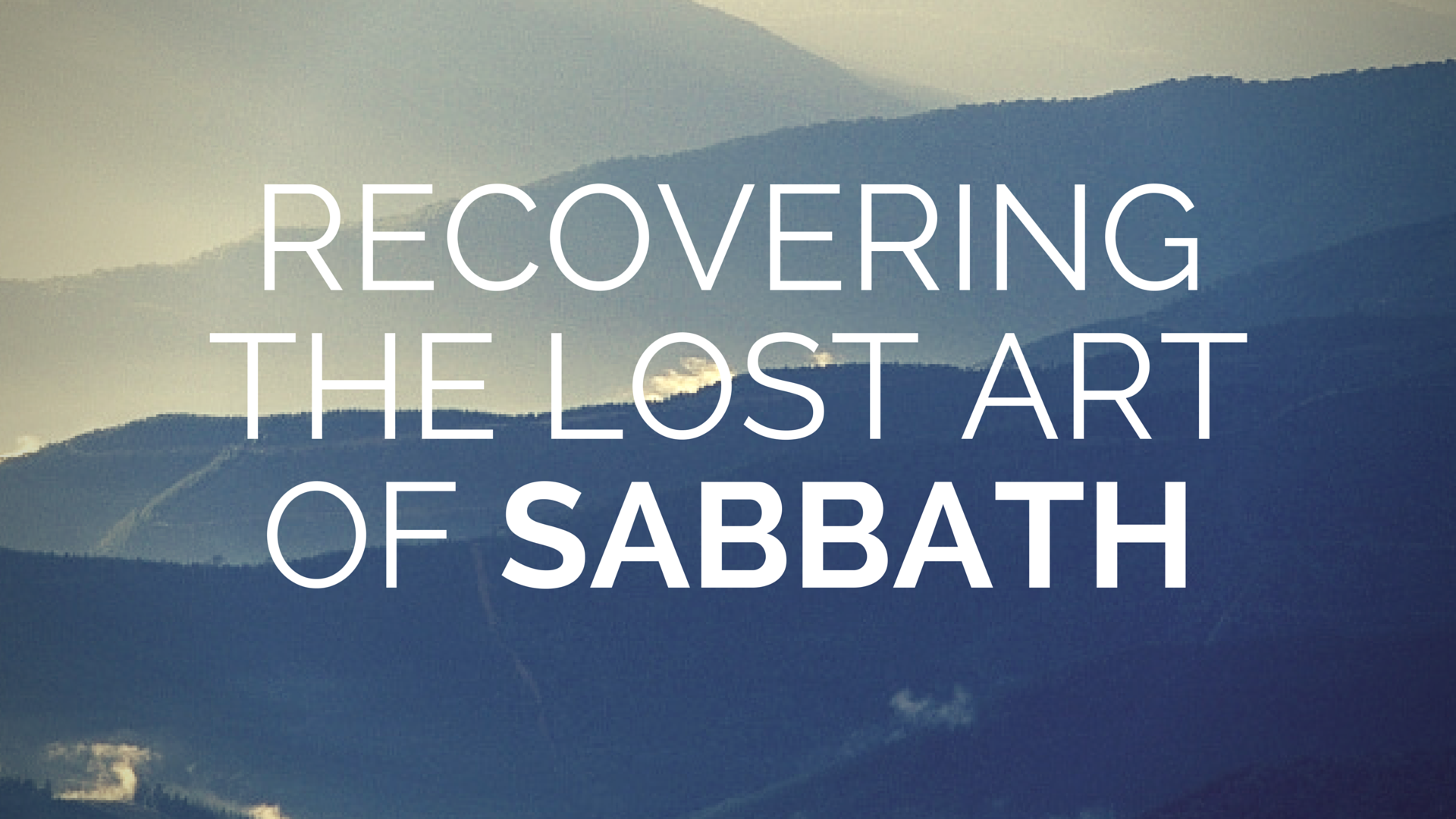Our pace of life is getting faster and faster.
Computers, the internet, and smart phones have all contributed to that.
I remember getting on the internet for the first time when I was in 11th grade.
Students today can’t even imagine a world without the internet. They’re Digital Natives.
I didn’t even have a cell phone until I got to college. And all it could do was call people!

What started off as 1,000 songs in your pocket has become the whole world in your pocket.
I remember having to do a report about astronauts when I was in middle school. You can probably guess what I did. I went to my family’s collection of World Book Encyclopedias and pulled the “A” volume.
Just for fun, I went to Google this week and typed in “astronauts.”
It tracked down 25 million results in 1/2 a second!
Everything is getting faster.
Event family dinners are getting faster.
Think about this:
In 1950, the average dinnertime was 90 minutes. Can you imagine that?

Today, the average dinnertime is 12 minutes.
One recent study found that 10% of families eat dinner together only one time each week.
Between kids’ activities, homework, and crazy work schedules for both parents, it seems that families don’t have any family time anymore. Everything is just moving faster than it did before.
The 4th Commandment
The 4th Commandment addresses this topic head-on. It says:
“Remember the Sabbath day by keeping it holy” (Exodus 20:8 NLT).
Sabbath is a Hebrew word that means “to stop.”
Stop working.
Stop going.
Stop striving.
There was one day in their weekly rhythm where the Jewish people just stopped.
Because things are moving so fast, it’s hard for us to fathom such an idea.
We want to get ahead.
We want to go.
We don’t want to miss out.
We don’t want to be left out.
But you know this. There are times when you just need to stop.
Pause. Take a breath.
Remember why you’re here.
Remember what you’re doing.
Remember what it’s all about.
It’s like God saw that life naturally pulls us toward getting more, doing more, achieving more. And he says there’s a different way.
Look at the people around you. Look at the pace of their lives.
They’re frantic and frazzled.
They’re anxious, greedy, selfish.
God says there’s a better way.
“Remember the Sabbath day by keeping it holy.”
As I consider what Sabbath is all about, I keep coming back to these 4 things:
1. Sabbath is for rest.
In the Exodus account, the reason you should take a Sabbath is because God did. God did his work in six days and then rested. That’s what you should do too.
I love what Eugene Peterson says: “If we do not regularly quit work for one day a week we take ourselves far too seriously” (Working the Angles, 73).
Rest isn’t just theological; it’s also practical. Your mind and body are stronger when you take time off. You feel better. Your relationships are better. Rest is essential to your life and recovering the Sabbath ensures that you will get the rest you need.
2. Sabbath is for reflection.
Reflection is about looking back at the week gone by, and looking forward at the week ahead.
When you look back, you think about last week.
What was the best part?
What was the worst part?
What would you do differently next time?
Here’s the thing: Experience doesn’t make you wiser. Evaluated experience makes you wiser. When you look back, you are evaluating your experiences so you can learn, grow, and not make the same mistake twice.
When you look ahead, you think about the upcoming week.
What do you need to prepare for?
What are you excited about?
What are your goals?
There’s an old saying: “Proper planning prevents poor performance.” If you want to perform well in the coming week, take the time to plan and get prepared for what’s ahead.
3. Sabbath is for relationships.
Just like reflection, relationships have 2 prongs: with God and with others.
With God.
When life gets hectic, it’s easy to leave God out of the picture. That’s a mistake that I’m sure you don’t intend to make. But lots of youth pastors make it.
Devotional time with God becomes sermon prep.
Prayer time gets stolen away by another meeting.
You know how it goes.
But you need a day set aside each week where you really focus on connecting with God.
You need to sing.
You need to be taught.
You need to be encouraged.
If you aren’t able to do that at your church, then find another church that meets at a different time and go there. If you can’t find another church, then attend another church’s online campus. Do whatever it takes to keep your relationship with God fresh.
Actively seek out ways to re-center your focus and priorities around God.
With Others.
You need friends. You were made for community. When things get busy, it’s easy to push other people away. It’s easy to hunker down and start bing-watching shows on Netflix. That’s why pastoral loneliness is a major problem today.
You need to fight the urge to seclusion.
Find ways to connect with other youth pastors. Reach out to an older pastor in your area and ask him to meet with you. I just contacted a pastor in my town last week to see if he would like to begin meeting together. There’s no agenda. Just building relationships and reinforcing our common calling to serve the body of Christ.
Don’t underestimate the importance of like-minded people who can help you on your own journey of faith. You’re pouring into students; make sure you have someone who is pouring into you.
4. Sabbath is for resistance.
This is the part of Sabbath that I didn’t catch onto until recently. Walter Brueggemann helped me see it. He says, “Sabbath – actual, concrete, visible, regular discipleship – is a sign. It signifies an alternative life” (Mandate to Difference, 46).
When the Israelites received the 4th Commandment, they had just come out of Egypt. They had worked in a culture that gave no time off. Pharaoh demanded ever-increasing quotas of bricks. When they met the quota, they were given a higher quota. No amount was ever enough.
God tells them that it will be different with him in charge. They’re to stop working. They’re to trust him and depend on him. Six days they can work, but on the seventh day they must resist.
When we stop working, stop going, stop striving, we’re actively resisting popular culture that ties our worth to our production and performance.
By saying yes to Sabbath, we’re saying no to that culture and its promises.
In Summary
The pace of life that we keep is getting faster and faster.
God calls us to a different way, a better way. The way of Sabbath.
Sabbath is about rest, reflection, relationships, and resistance.
Your Move
What keeps you from recovering the lost art of Sabbath?
Books Mentioned in This Post:
Latest posts by Trevor Hamaker (see all)
- 7 Ways to Deal with Disruptive Students - November 14, 2024
- Fighting Frustration by Shifting Your Focus - November 14, 2024
- What is the Most Important Job of a Small Group Leader? - November 14, 2024
Did You Like This Post?
Sign up to get updates sent to your inbox each week!
You're in! Want more ideas and support for your ministry? Check out the BYM Community!
http://bit.ly/bymcommunity







